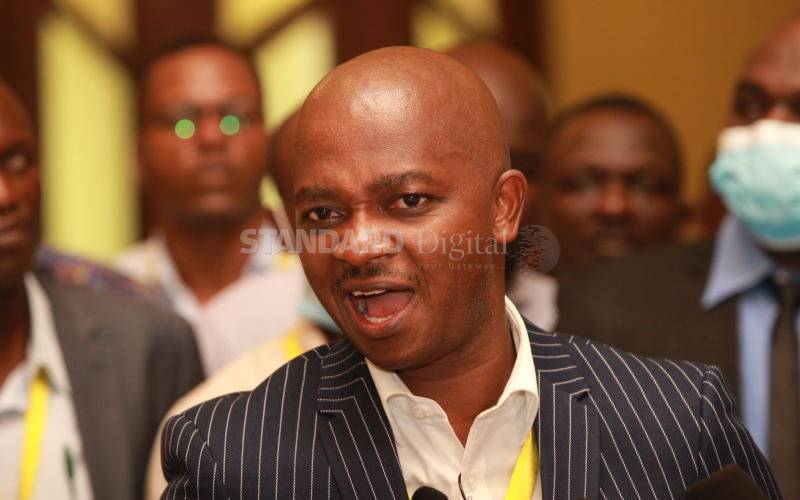×
The Standard e-Paper
Smart Minds Choose Us

The spat between Football Kenya Federation (FKF) and media has reached a tipping point. The federation locked out a section of journalists from covering last Saturday’s top tier match between champions Gor Mahia and Ulinzi Stars at Nyayo National Stadium.
Ironically, this happened on the day President Uhuru Kenyatta led the country in marking its 57th Jamhuri Day celebrations at the same venue earlier on.